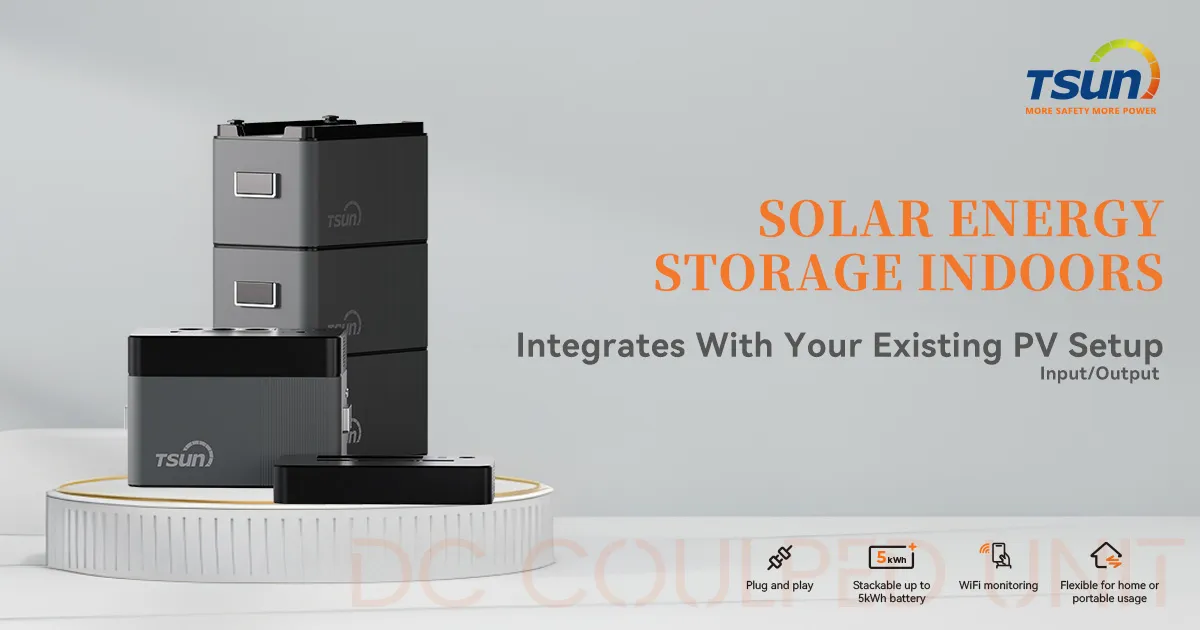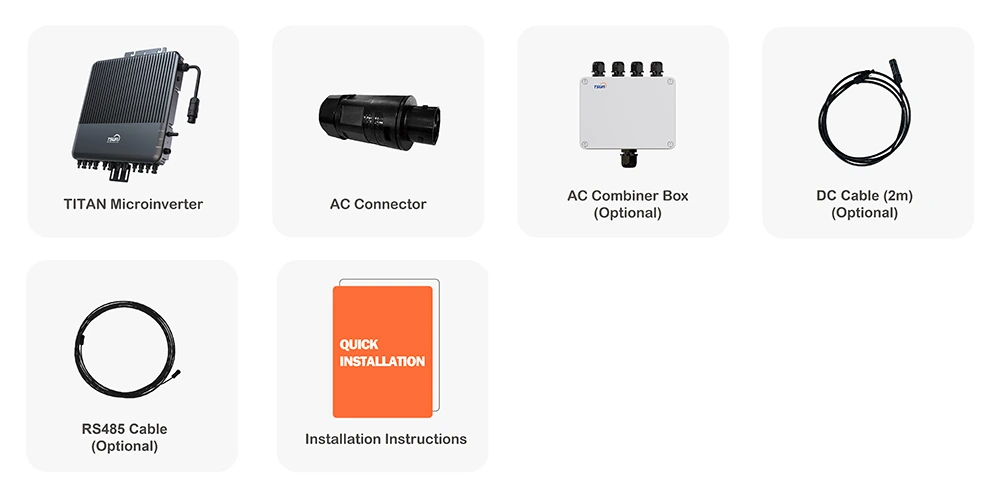The evolution of solar energy technology has heralded an age where both residential and commercial users can manage energy more efficiently and sustainably. At the heart of this transformation lies the micro inverter system—a crucial technology that has redefined how solar power is harnessed, optimized, and utilized. This article provides an in-depth look into micro inverter systems, shedding light on the unparalleled advantages they bring, the specialized expertise behind their design and implementation, and why they are undeniably the best choice for modern solar installations.

A micro inverter system, distinct from traditional string inverters, operates with unique efficiency and precision. In conventional setups, solar panels are connected in series and linked to a single string inverter. This means the overall system's performance could be compromised by the weakest panel, often due to shading, debris, or panel mismatch. In contrast, micro inverter systems address this limitation head-on by embedding an individual inverter on each solar panel. This setup allows for independent operation and optimization of each panel, ensuring that the maximum potential energy is harnessed from every module, irrespective of varying conditions across the array.
From an expert's perspective, the deployment of micro inverter systems demands a nuanced understanding of photovoltaic technologies and electrical integrations. These systems are designed to enhance the yield and safety of solar installations. For example, their module-level tracking capabilities guarantee that the performance of each panel is constantly monitored and optimized in real-time. This results in a notable increase in the overall energy output, which directly impacts the return on investment for end-users. The expertise involved in installing micro inverter systems lies not only in their physical setup but also in the strategic placement that maximizes sunlight exposure while taking potential shading into account.

A hallmark of authoritativeness in the realm of solar technologies is the ability to trust and rely on proven systems.
Micro inverter systems offer unmatched reliability. Without the need for a single point of failure, unlike their string inverter counterparts, these systems have a lower likelihood of complete system outages. This is particularly crucial for residential users who rely on uninterrupted power. Leading manufacturers in the industry conduct rigorous testing and uphold stringent quality assurance standards, ensuring that each micro inverter unit performs optimally under diverse environmental conditions.
micro inverter system
Moreover, micro inverter systems offer significant enhancements in safety—a testament to their authority in the market. Traditional string inverters operate at high DC voltages, posing potential risks such as electrical fires in case of malfunction or damage. Micro inverter setups circumvent this risk with their low-voltage DC operation and rapid shutdown capabilities, crucial for maintenance safety and compliance with modern electric codes.
Trustworthiness in solar solutions is further reinforced by user experiences and testimonials. Homeowners and businesses alike have commended micro inverter systems for their user-friendly interfaces and robust monitoring features. Through real-time data access, users can track energy production, detect issues early, and make informed decisions about energy consumption. This transparency not only empowers users but also builds trust in the technology's longevity and efficiency.
In the contemporary landscape of renewable energy solutions, making informed decisions hinges on the amalgamation of experience, expertise, authoritativeness, and trustworthiness. Micro inverter systems exemplify these qualities, standing out as a pinnacle of innovation and reliability in solar technology. For those seeking to embark on a solar journey, understanding and investing in micro inverter systems is more than a choice—it's a commitment to sustainable, safe, and maximized energy production. As solar power continues to evolve, the precision and efficacy of micro inverters will undoubtedly play a central role in shaping the energy solutions of tomorrow.
 LEARN DETAILS
LEARN DETAILS
 News
News



